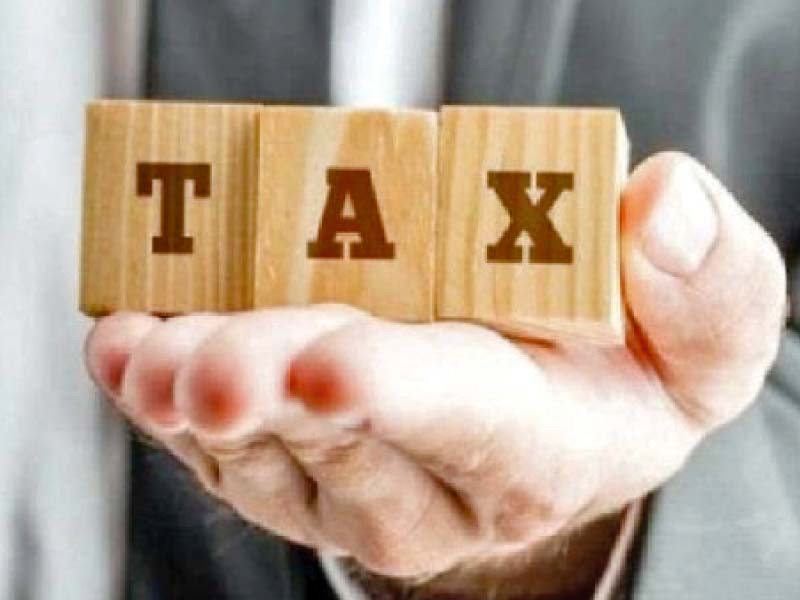
A number of governments, including both military and civilian dispensations, in Pakistan have initiated a host of tax reforms in the past. However, none of them have been matured enough to optimise the state’s fiscal space and mobilisation of resources for the needy sections of society.
Many of such reforms were virtually found biased against the poor and failed to install a system of progressive taxation that is the mainstay for a majority of the developed and non-developed nations, which typically creates fiscal space through direct taxation.
A modern nation-state, which has squarely based its legitimacy on popular support, justifies its existence through dispensing multifaceted functions ranging from providing security to the people and care for the welfare of the needy, which is on the subsistence level and unable to sustain independently.
During the 20th century, a majority of statesmen among democracies agreed on the rationale of a progressive taxation mechanism to facilitate the underdogs of society, who otherwise have not enough space to ensure their financial solvency, but are a stakeholder in the general economic growth.
Those poor, popularly called by the leftists as have-nots, have very little potential to compete in the competitive-cum-capitalistic market. The financial strains they face in such a preordained structural distribution of economic power cannot be surpassed instantly with any structural intervention.
In such a situation, the poor sections of society are inclined towards the right, particularly at the time of elections, keeping in view its political and economic optimisation that would brought them at par with the privileged and powerful sections, where they would not feel being exploited and humiliated.
Such a consciousness produces a responsible, vigilant and dedicated leadership, always conscious of being accountable to the people. They always look forward to devising such policies and implementing such mechanisms that provide relief, welfare and reward to cater for the demand of the majority.
Initially, such a public good model was loathsome when political leaders used to act like bosses. The electorate was only obliged to keep a noticeable presence before their political bosses, who were supposed to provide them all benefits individually ranging from jobs, security from the system, and settlement in cities at the cost of welfare for the majority.
It was a practice that was in vogue in the United States in the last decades of the 19th century. However, those political bosses and political machines could not prove effective in the face of popular demand for progressive reforms, which triggered a popular political movement from 1890 to 1917, hailed by the reformer who is known in the annals of American history as Muckraker.
That marked a watershed in American history where a new polity with collective responsibility to the majority emerged and a new set of reforms revolving around the welfare of the majority were introduced. It was only made possible by generating fiscal space by taxing the rich stratum of society.
Incremental taxation, progressive taxation, social security and pensions were made part of the governance model.
It is the progressive taxation that has helped societies to progress effectively while leaving no section of society behind – the regime of virtual equality, though psychologically, which has got effectively placed in the democratic governance models.
A politician, who was traditionally a person with charismatic aura, has remained a story of the past. Now, he is judged while keeping in view the promises he makes and the policies he pursues and whether he abides by the commitments made at the time of elections.
However, the nation, which has just got freedom from the colonial yoke, has its own set of problems where people expect to be delivered advanced facilities without being taxed in equal proportion.
The absence of egalitarian sensibility poses a lot of challenges to the politics of such nations where politicians are obliged to act like bosses who are supposed to deliver everything to their electorate. Therefore, the direct and progressive taxation regime is a nemesis for the politicians.
Pakistan is among those nations intermittently facing a fiscal crisis, which requires aid from friendly nations, the International Monetary Fund (IMF) and other international financial institutions.
Currently, Pakistan is in the middle of such a crisis and things have taken a turn towards the worst in the backdrop of ongoing dialogue with the IMF which is intent on imposing such conditions that will place a heavy cost on the government.
The lender wants to push Pakistani leadership to the path of progressive taxation by imposing more taxes on the wealthy while providing protection and relief to the poor.
IMF Managing Director Kristalina Georgieva has said, “What we are asking for are steps Pakistan needs to take to be able to function as a country and not to get into a dangerous place where its debt needs to be restructured.”
She stressed that in the case of Pakistan, the public and private sectors should come forward and contribute to the economy. Subsidies must be disbursed on a need basis and not to everyone. Such subsidies must help alleviate the problems of poor sections. She acknowledged that Pakistan is facing an acute economic crisis.
However, such tax suggestions may pose a humongous problem to most of the political leaders that have to face the masses in the coming elections.
The writer is the Assistant Professor, Area Study Centre for Africa, North & South America, Quaid-e-Azam University
Published in The Express Tribune, April 4th, 2023.
Like Business on Facebook, follow @TribuneBiz on Twitter to stay informed and join in the conversation.








1734344692-0/New-Project-(4)1734344692-0-270x192.webp)
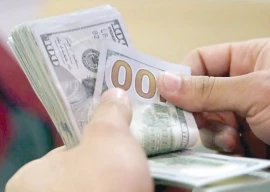
1723104747-0/PIA123-(1)1723104747-0-270x192.webp)
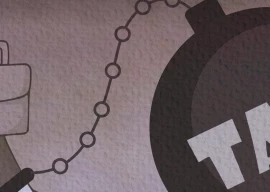
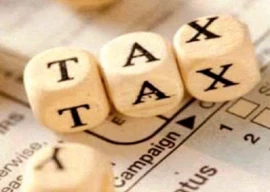
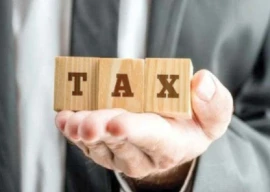
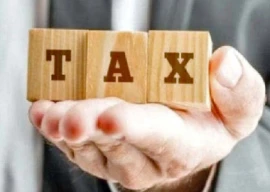






COMMENTS
Comments are moderated and generally will be posted if they are on-topic and not abusive.
For more information, please see our Comments FAQ